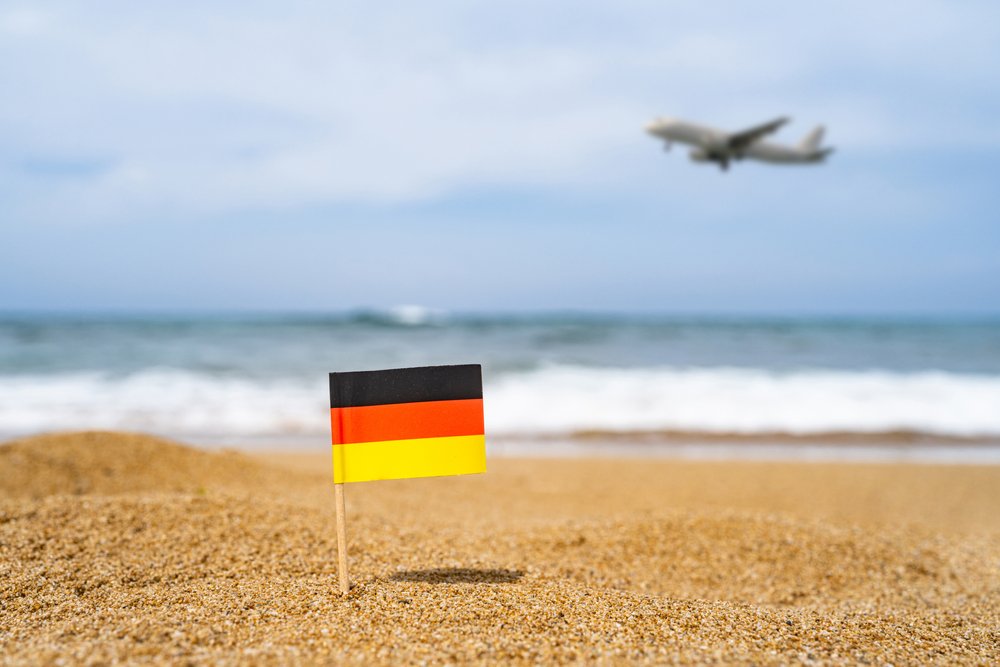
Shortly after German Health Minister Karl Lauterbach warned about a new massive COVID-19 wave in the country due to the Omicron variant, the German government classified France and Denmark as high-risk areas due to their infection rates. This way, all countries bordering Germany are now considered at high risk, except for Luxembourg.
This means that people coming from Belgium, Poland, the Czech Republic, Austria, Switzerland, the Netherlands, France, and Denmark will have to provide proof of vaccination or recovery to enter Germany more freely.
If they can’t present any kind of evidence of their immunization, they must isolate themselves for 10 days upon arrival in Germany. Optionally, travelers can take a COVID-19 diagnostic test on day 5 to shorten the quarantine period, provided that the test shows a negative result (otherwise, the travel quarantine must continue).
The new rules came into effect on Sunday 19 December 2021. The next day, the German government made another announcement regarding the status of the United Kingdom and Northern Ireland.
Due to the massive spread of the Omicron variant in the British territory, the German authorities classified the UK as a “virus variant area”, which is equivalent to an area with an active circulation of a variant of concern. This led the German authorities to update their list of areas of variants of concern to include the UK on it. The Isle of Man, the Channel Islands, and all British overseas territories were not exempt from this.
Omicron cases in the UK ascended to more than 45,000 as of 19 December 2021, and the death toll has recently risen to at least 12. In the middle of all this, UK’s Prime Minister Boris Johnson announced that the British government would not take additional measures against COVID-19 (such as social restrictions) before Christmas.
In response to all this, Germany has tightened its entry restrictions to people coming from the United Kingdom. By considering it an area of variants of concern, Germany imposes on British travelers a COVID-19 test requirement upon arrival and a travel quarantine requirement that can’t be skipped with a second test. Anyone who has been in the UK before traveling to Germany will have to isolate themselves for 14 days obligatorily regardless of their vaccination status or recovery status.
But not only that. From now on, the airlines will only be allowed to take German nationals or residents (and their partners and children) from the UK to Germany so that they can come back to their country if they happen to be abroad. Apart from this, airlines are not authorized to transport German citizens to the UK.
German citizens or residents re-entering the country will not be exempt from the entry requirements, though. They still must present a negative PCR test taken within 48 hours before departure and quarantine for two weeks upon arrival in Germany.
By reducing and controlling the “exchange” of people between the two countries, the German authorities expect to avoid further COVID-19 cases —with a special concern on the Omicron variant.